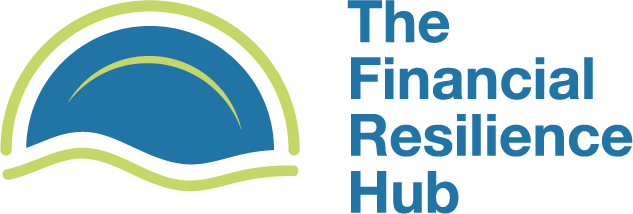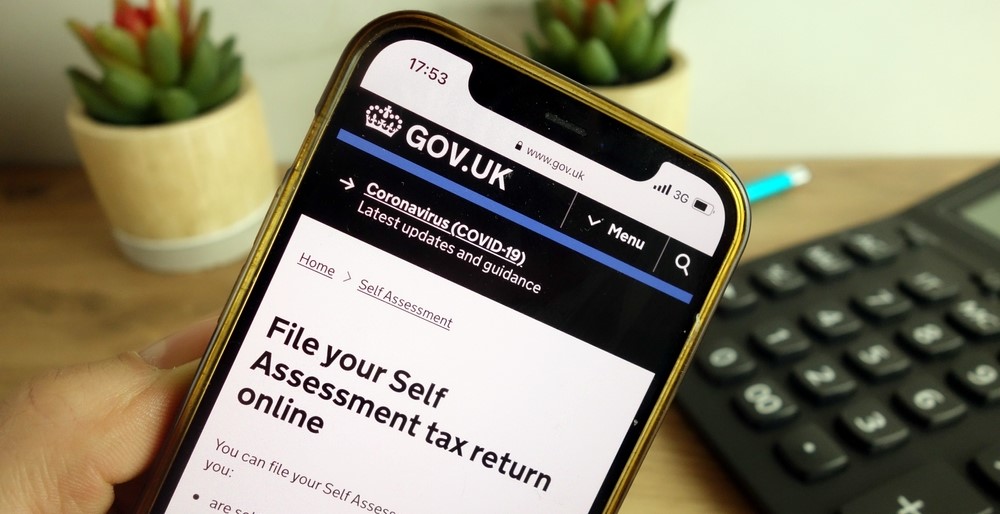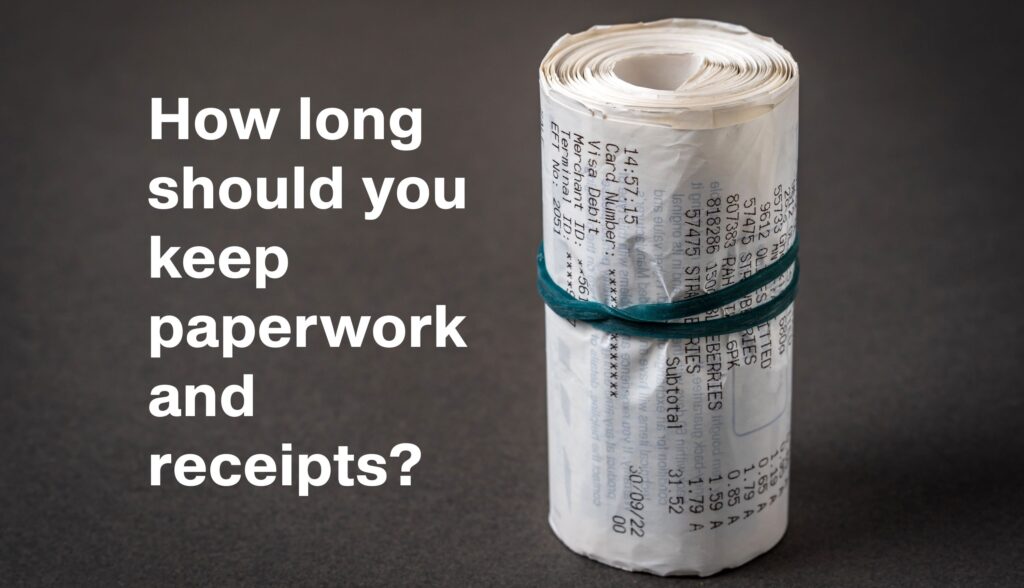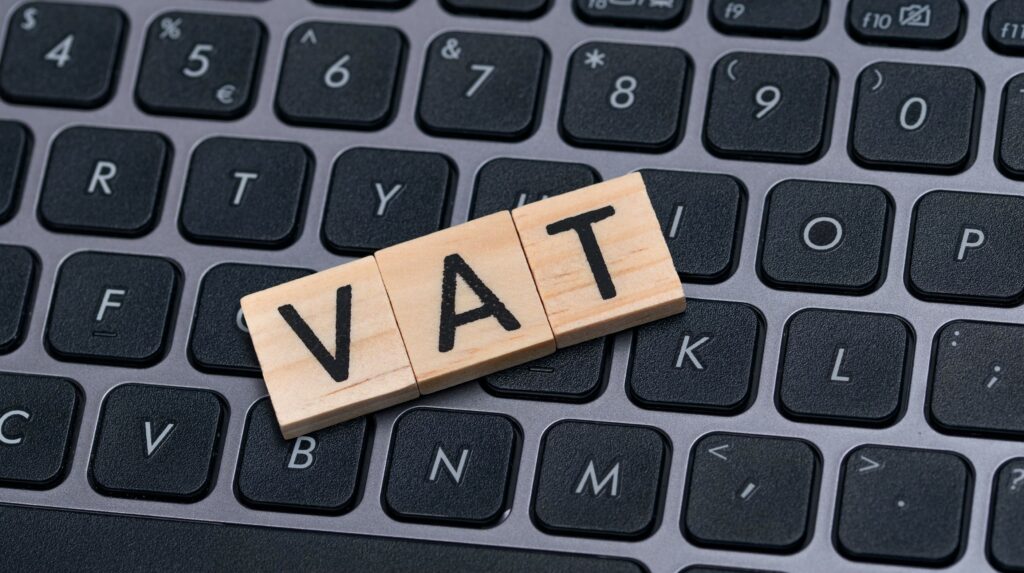
Using ‘cash basis’ for your 2024-25 accounts – information for sole traders and partners
|
|
For 2024-25 and later tax years, unless you specify otherwise, HMRC expect you to prepare your accounts for your sole trader or partnership business using the ‘cash basis’ accounting method.
👉 If you’re already using the cash basis method, read this post to find out about previous restrictions that have been removed.
👉 If you’ve been using traditional, accruals basis accounting up till now and want to keep doing so, you’ll need to opt out of cash basis accounting when you complete your self-assessment tax return. There’s a tick box on the return you can use to do this. 📢❕ Before you stop reading, though, check out this blog post – it may be worth your while switching!
👉 If you’re moving from traditional to cash basis accounting this year, there are important things you need to check – see ‘Moving between cash basis and accruals basis accounting’ below.
👉 Not sure what we’re talking about? Read ‘What is ‘cash basis’ accounting?’ below.
📢❕ The information in this blog post was correct at the time of writing. Please check with your accountant for the latest information or, if you don’t have an accountant, join the Financial Resilience Hub to get access to one of ours! Alternatively, keep an eye on HMRC’s website for updates.
What is ‘cash basis’ accounting?
The gov.uk website describes ‘cash basis’ as ‘a way to work out your income and expenses for your self-assessment tax return, if you’re a sole trader or partner.’
Cash basis works on a cash-in, cash-out approach. You only declare income when you receive it and expenses when you pay them. With this method, there’s no need to account for unpaid invoices, unpaid bills or expenses paid in advance. As income isn’t recognised until it’s received, relief for any bad debts is automatic. At the end of the tax year, you’ll only pay Income Tax on money received in your accounting period.
By contrast, the accruals basis matches income and expenditure to the accounting period to which they relate. This means you have to take into account unpaid invoices, unpaid bills and any expenses paid in advance. These are what your accountant calls debtors, creditors and prepayments (maybe some accruals too).
Removal of cash basis restrictions
To make cash basis the default accounting method for partners and sole traders from now on, HMRC have lifted certain restrictions.
👉 In the 2023-24 and earlier tax years, unincorporated businesses could only choose to use the cash basis if their turnover was £150,000 a year or less. Once they started using the cash basis, they could carry on doing so until their turnover reached £300,000. Once turnover reached this level, the trader had to move to the accruals basis. These turnover limits have been removed for the 2024-25 tax year and beyond.
👉 Under the cash basis as it applied for 2023-24 and earlier tax years, unincorporated businesses were only able to deduct interest and finance cost up to a maximum of £500 a year. The cap doesn’t apply from 2024-25 onwards, which means traders can deduct all allowable interest and finance costs.
👉 The cash basis rules as they applied for 2023-24 and earlier tax years also imposed restrictions on the ways in which losses could be used. Before the 2024-25 tax year, where accounts were prepared under the cash basis, it wasn’t possible to relieve the loss sideways against income of the current and previous tax year. The ability to carry a loss back in the early years of a business against income of the previous three years was also denied where the cash basis was used. These restrictions have been lifted from 2024-25 onwards.
Moving between cash basis and accruals basis accounting
To prevent some income and expenditure being counted twice and some not being included at all, you need to make adjustments when you move between the accruals basis and the cash basis (or vice versa). Adjustments may also be needed where capital allowances have been claimed under the accruals basis but the expenditure has not been relieved in full, to ensure relief is given for the balance of the expenditure.
Resources for sole traders and partners
👉 Read or listen to the blog post ‘9 self-assessment questions answered to do your tax return.’
👉 Get simple, supportive guidance from the online course Step by step guide to filing your Tax Return. It’s free for Financial Resilience Hub members; non-members can currently buy it for £49.99 (look out for future special offers and discounts, though😉).
👉 Make sure you’re claiming the right expenses – check the online course What expenses can I claim as a sole trader? Again, it’s free for Hub members; non-members can take the course for £49.99 or follow us on LinkedIn for special offers.
📢❕You might need to speak to your accountant before filing your 2024-25 tax return, or you can join the Financial Resilience Hub and speak to ours!
ABOUT THE AUTHOR

Helen Monaghan is a Chartered Management Accountant, accredited NLP Practitioner & Finance Coach. Both a psychology graduate and an accountancy graduate, she has authored three business books, which beautifully bring together psychology, finance, and tax to empower the reader about money. Helen is the CEO of HM Finance Coaching & Advisory Ltd, a company that provides financial education and business mindset coaching to small businesses across the UK, in addition to accountancy services for limited companies in Scotland and across the UK. Helen is also the founder of The Financial Resilience Hub – find out how we can support you, and your business, to be financially resilient through our monthly membership.
© Helen Monaghan







Responses